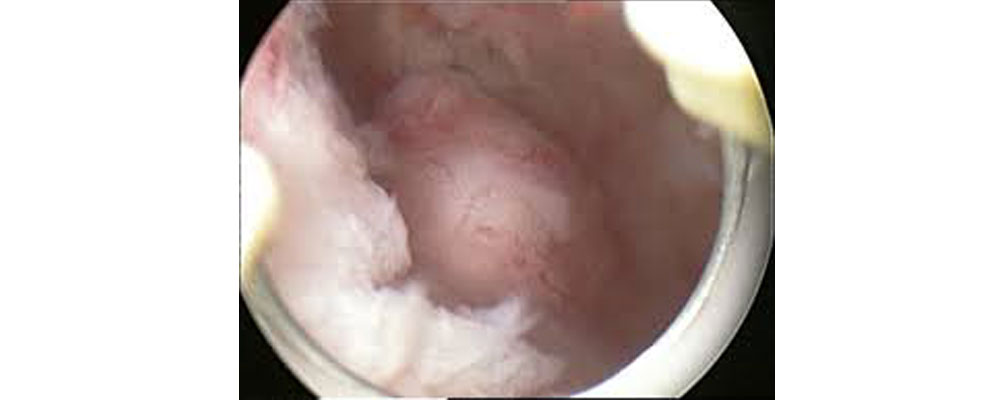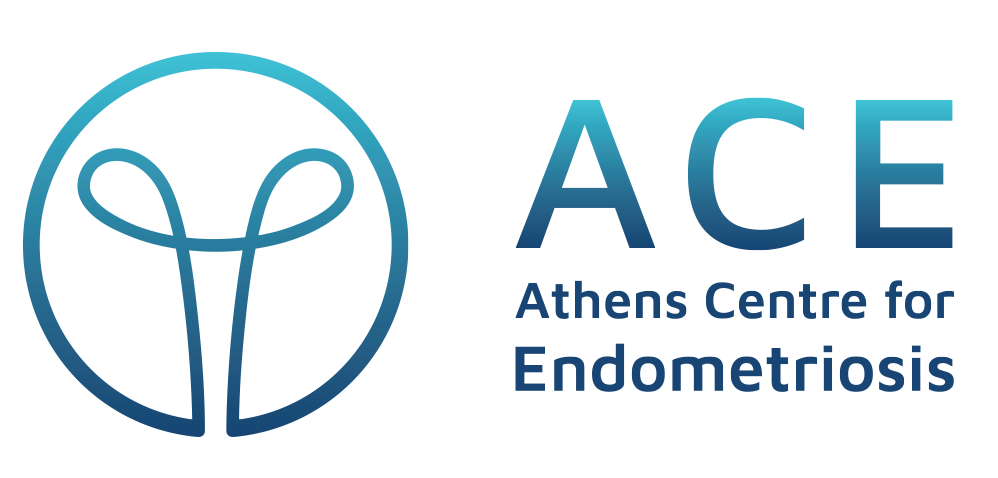What is hysteroscopy?
Hysteroscopy is the second (after laparoscopy) endoscopic surgical technique which is widely used in gynaecology. It belongs to the minimal invasive surgical techniques.
Hysteroscopy can be either diagnostic (to diagnose different conditions) or surgical, that means to treat different pathologies of the endometrium (the inner layer of the uterus) or the cervix (which is the lower part of the uterus). Most of the times, diagnostic and surgical hysteroscopy are applied at the same time.
How is hysteroscopy performed?
The technique of hysteroscopy is based on the insertion of a very fine camera through the vagina and through the cervical canal into the endometrial cavity. Magnification and direct visualisation allow the surgeon to inspect in detail the cavity of the uterus.
With this technique we can easily identify endometrial or endocervical polyps, submucous myomas or other suspicious areas from which a biopsy is often required. Also hysteroscopy is a unique tool to restore anatomy in cases of a septum or other congenital pathology.

What pathologies can hysteroscopy treat?
- Postmenopausal bleeding
- menstrual cycle irregularities
- infertility
- polyps
- myomas
Is anesthesia necessary for this procedure?
Hysteroscopy can be performed with mild general anaesthesia or with the administration of simple analgesics pre-operatively. This revolutionary type of hysteroscopy can be performed under specific conditions such as when the patient has already delivered normally so that she doesn’t feel any pain or discomfort while advancing the camera through the cervix.
Is this procedure painful?
The pain you will feel after hysteroscopy is similar to the pain that you usually experience during your period. Usually it lasts for 1-2 days and can be dealt with simple painkillers. After the procedure you will have a small amount of bleeding through the vagina which usually resolves after 3-7 days.
What will happen at the day of the operation?
At the day of the operation (or the day before) you will have your pre-operation assessment and then you will meet with the anaesthetist to discuss the results of your tests and also to answer any questions regarding your medical history.
Dr Kyriakopoulos will meet with you on the day of the operation to discuss once more matters concerning your procedure.
Is there anything i should expect during my recovery?
- Small amount of vaginal bleeding will be present for 1-2 days after diagnostic hysteroscopy, whereas after surgical hysteroscopy this bleeding (brownish) can last up to 7 days.Daily care and good hygiene of the area are definitely advised.
- Sexual intercourse can take place 15-20 days after the procedure,or earlier if a condom is used.Condom protects the endometrial cavity from getting infected by pathogens who ascend from the vagina.
- Return to daily routine can be even on the same day of the procedure as long as you feel well and comfortable.If tissue like polyp or myoma is removed or a biopsy is obtained,then this specimen is sent for pathology examination.The histology report is usually available after 14 days.Dr Kyriakopoulos will contact you when the results are ready to inform you and answer any questions that you may have.
Dr Kyriakopoulos, having performed a big number of complex hysteroscopies,can advise and guide you appropriately and thoroughly so that the outcome of your hysteroscopy is successful.
